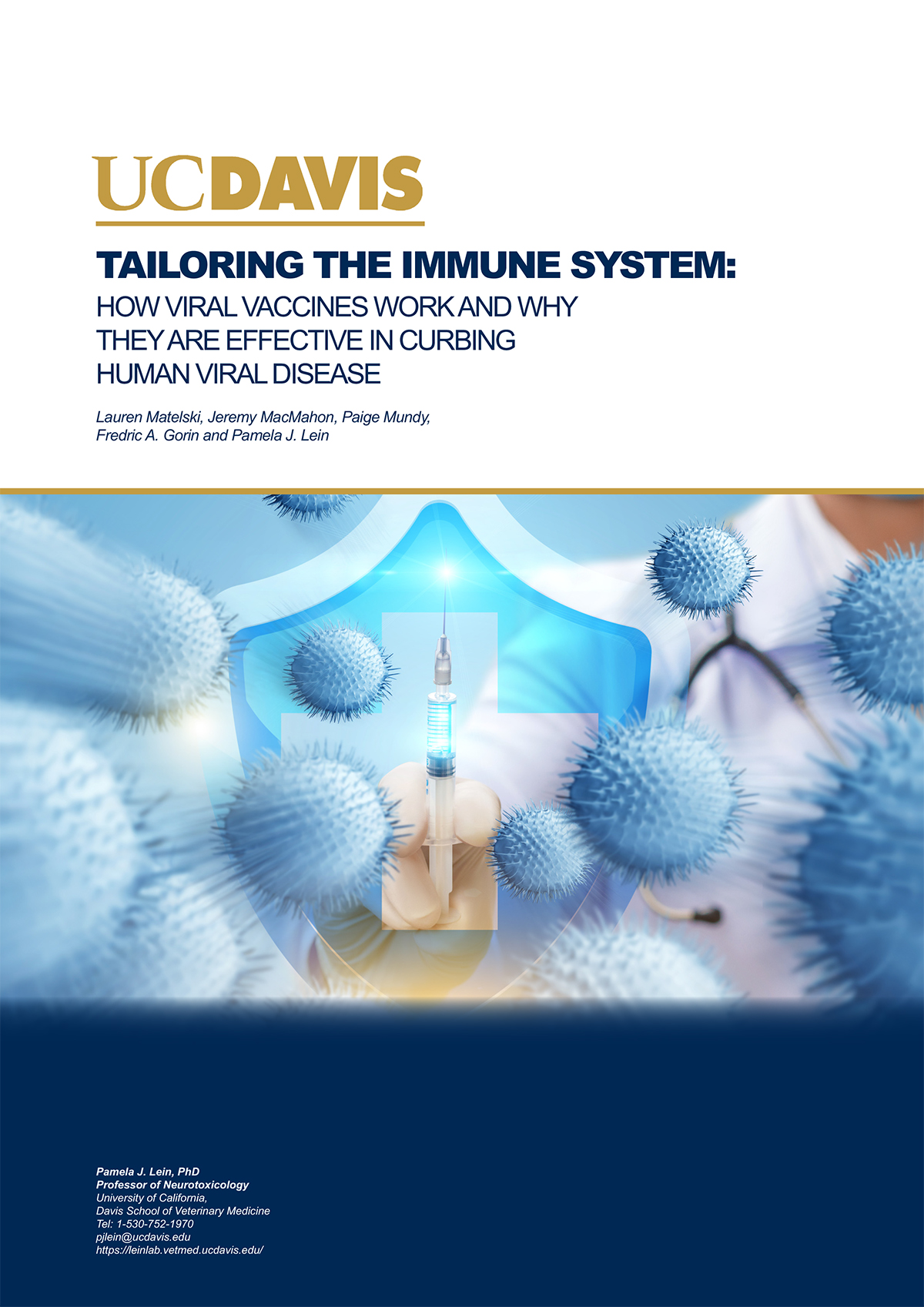Here, Professor Pamela Lein at University of California, Davis, explains how viral vaccines work – especially when it comes to human viral disease
Amidst the ongoing COVID pandemic, public curiosity about vaccines is at a high.
Now, more than ever, people are looking at how these viral vaccines work – which is influencing if they want to take the COVID vaccine at all. In the age of rapid transmission of fake news, scientific experts struggle to break through WhatsApp bubbles to explain how vaccines actually work.
Professor Lein here explains the origin of viruses, then further reflects on how viral vaccines are capable of stopping human viral disease.
Did you know that viruses existed on the Earth even before humans did?
Long before we came into existence, the world knew what viruses could do. In fact, humans have some positive, collaborative relationships with many viruses – which quietly, daily act upon us, making us stronger with new antibodies and no documentable harm.
Then, in the 1930s, humans figured out a way to make the viruses less harmful and turn them into a vaccine – which would stimulate the body to create antibodies, without significantly harming an individual. Now, with the availability of mRNA vaccines, the viral vaccine appears to be a baseline, a norm. But it is still boundary-pushing, fascinating science that led to the possibility of viral vaccines in the first place.
Now, vaccine ingredients are pored over and dissected across the internet. Here, Professor Lein clearly explains all components of viral vaccines, then shows us how they work together to form an immune response that will go on to protect an individual for as long as possible.
To understand more about the science that is currently at the forefront of public thinking, used by policy-makers to make decisions on vaccine rollout and acquisition, read the insight of an expert right here.


